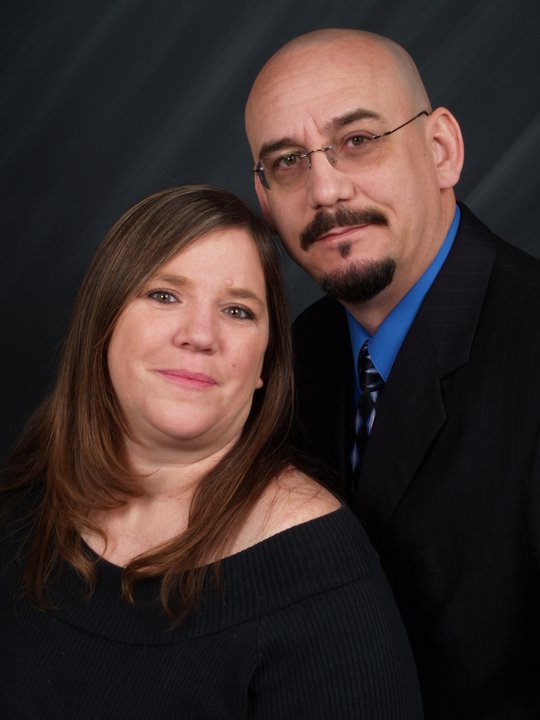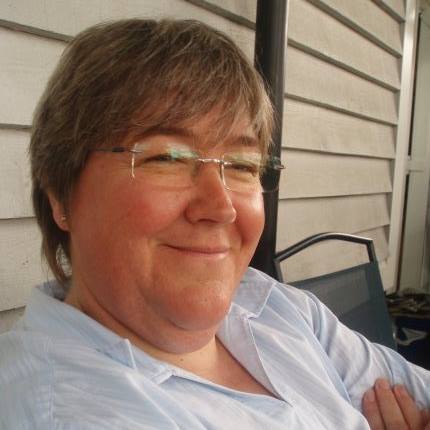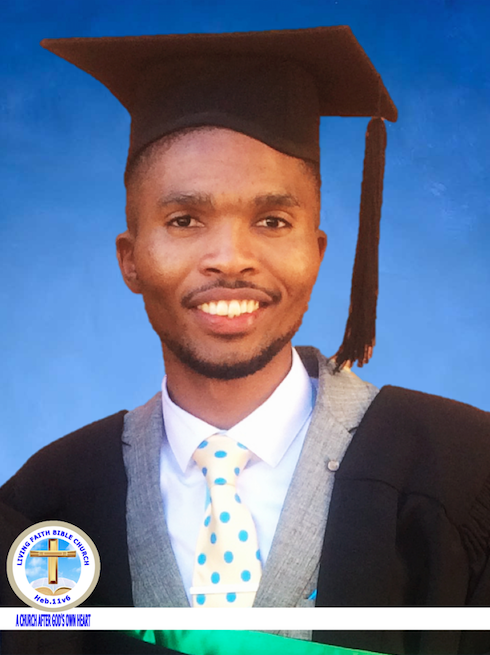The Role of a Funeral Officiant
A Funeral Officiant helps families during funerals by creating and leading a service that respects the deceased’s life and values. This role is not only about conducting the ceremony but also about providing a service that comforts the bereaved.
Funeral Officiants work with the family to meet their needs, choose readings, deliver eulogies, and make sure the ceremony runs smoothly. They also help with funeral customs, traditions, and planning, being mindful of different cultural and religious practices.
The Funeral Officiant Skills Course at Christian Leaders Institute
The Christian Leaders Institute offers a Skills Course to prepare individuals for this role. This course provides education on topics such as death and resurrection, pastoral care, funeral service planning, and managing grief from a Christian viewpoint. The aim is to understand the Funeral Officiant’s duties and embrace the role effectively, based on Christian principles.
Start Your Training as a Funeral Officiant
If you’re drawn to support others during their time of mourning, consider training to become a Funeral Officiant. The Funeral Officiant Skills Course at the Christian Leaders Institute (CLI) is a significant step in preparing for a ministry that impacts people during difficult times. It’s a chance to offer solace, remember those who have passed away, and respect their beliefs.
The Christian Leaders Alliance (CLA) and CLI will support you from the start of your training and as you connect with a worldwide network of ministers. You can begin your ministerial journey with a program that offers comprehensive education and honors the responsibilities of funeral officiation.
For more details about the course and enrollment, check our website. Start your path to becoming a Funeral Officiant and provide comfort to those in sorrow.
Respond to the Call
Becoming a Funeral Officiant is an invitation to aid people in their most difficult times, to bring calm, and to help them find continuity after loss. Consider pursuing this impactful and respectful path of service that cherishes life’s journey. Enroll in the program now and become part of a ministry that deeply reflects Christian love and compassion.
Suggested Link
Steps to become a Funeral Officiant
The Christian Leaders Alliance offers the first clergy status program for Christians who feel called to serve as funeral officiants in their communities.
Step One: Discern Your Calling
Reflect on your motivation to become a funeral officiant. Are you moved by the desire to support people during their most challenging times? Do you have a deep empathy for those grieving the loss of a loved one? Are you called to offer comfort, guidance, and hope within the Christian faith during moments of farewell? This initial step is about recognizing and understanding your calling.
Step Two: Begin Your Ministry Training
Start your free ministry training at the Christian Leaders Institute. The Funeral Officiant program begins by completing the Multiply Christian Leaders getting Started class and completing the Funeral Officiant Skill Course. Click here to view the Funeral Officiant Skills Course.
Step Three: Complete the Funeral Officiant Skill Course.
Enroll and Complete in the Funeral Officiant Skills Course: This is a two module course that should take you about 20-30 hours to complete.
Step Four: Complete Level One Endorsement.
The Philosophy of the Officiant at Christian Leaders Alliance
The concept of the officiant within the framework of Christian leadership, as understood by the Christian Leaders Alliance (CLA), transcends the literal absence of the term in biblical scripture. While the Bible does not explicitly mention “officiants,” it outlines various pivotal roles—such as priests, prophets, apostles, deacons, and elders—that share essential functions with what we now recognize as the officiant’s duties in contemporary religious ceremonies. These historical precedents lay a foundational understanding that the essence of the officiant’s role is deeply rooted in the tradition and structure of both the Old and New Testaments.
At the CLA, the officiant’s position is viewed not merely as a role but as a calling to serve as a minister for specific occasions or topics. This distinction elevates the officiant beyond the confines of a lay ministry to a recognized clergy grade within the Alliance’s ecclesiastical structure. This recognition starts a journey toward further ministerial roles, emphasizing the importance of the officiant within the CLA’s structure.
The CLA delineates three tiers of clergy recognition: Diakonos, Presbuteros, and Episcopos, with this discussion focusing on the Diakonos level. Derived from the biblical term ‘Diakonos,’ this level signifies a foundational clergy status encompassing various ministerial capacities, including officiants and other licensed ministers, ultimately leading to the ordained minister status. This structure underscores the officiant’s role as a vital entry point into broader ministerial responsibilities. See more about the levels of clergy recognition.
The philosophy behind the officiant’s role at the CLA is centered around service for specific events or topics, often culminating in significant life events or celebrations. Recognized officiant roles within the Alliance include:
- The Wedding Officiant: Specializing in marriage, guiding couples to, and presiding over, their wedding day.
- The Romance Officiant: Focused on the journey of finding a life partner, leading to and officiating over engagement celebrations.
- The Funeral Officiant: Assisting in the mourning process and leading funeral services, often extending support through the grieving process.
- The Ministry Officiant: Covering a broad spectrum of religious transitions and rituals, from faith initiation to various ceremonies and observances.
These officiant roles are not considered part of lay ministry but are clergy positions dedicated to ministry service related to specific topics and events. Thus, officiants within the CLA are expected to undergo specialized ministry training relevant to their area of service. This training, provided by the Christian Leaders Institute, alongside a process for local endorsements facilitated by the CLA, ensures that officiants are well-equipped to fulfill their sacred duties with theological understanding and pastoral care.
In conclusion, the officiant program at the Christian Leaders Alliance represents a modern embodiment of ancient ministerial roles, tailored to address the specific needs and moments of spiritual significance in the lives of individuals and communities. It highlights the Alliance’s commitment to providing rigorous training and recognition for those called to these specialized ministries, ensuring that the spirit of biblical leadership continues to thrive in contemporary settings.
Click Links to Find out about more Minister Roles
Learn about the Licensed Minister Program
Learn about the Coaching Minister Program
Learn about the Ministry Chaplain Program
Learn about the Fully Ordained Minister Program
Click Links about Officiant Roles at the Christian Leaders Alliance
Learn More about the Wedding Officiant

Ordained Deacon Minister
Online Minister Ordination
Deacon Minister Ordination
Online Minister Ordination
Deacon Ordination Story
Online Minister Ordination

